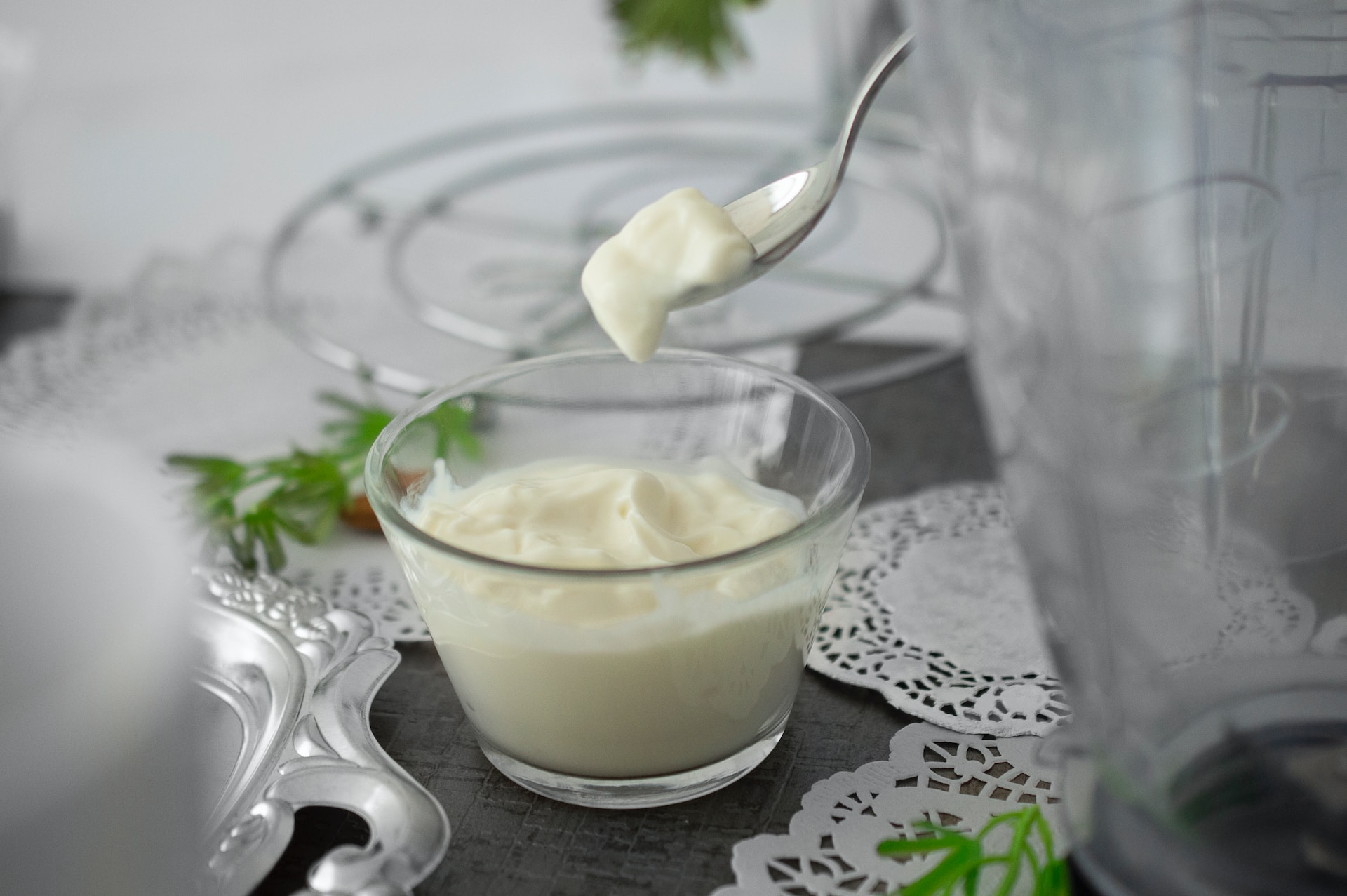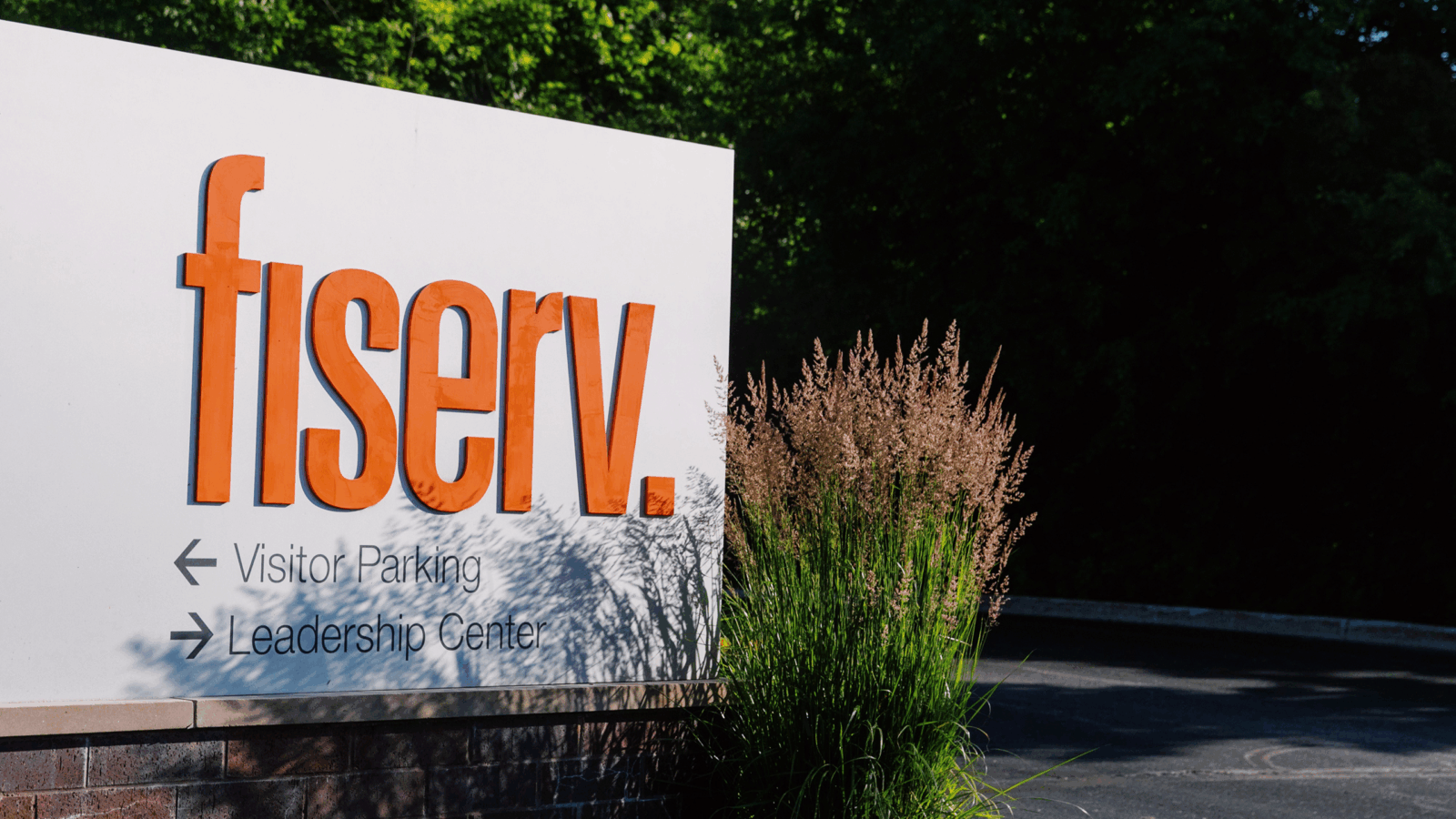
Sign up for smart news, insights, and analysis on the biggest financial stories of the day.
Do you have the guts for AI?
A profile in Bloomberg details how Danone, the French yogurt giant (branded as “Dannon” in the US) behind Activia and Actimel, is using sophisticated AI to enhance its products’ probiotic properties. Side effects include: handy marketing tools.
Mmm, AI
While the current AI hype cycle is laser-focused on whether algorithms will take our jobs, the use case for various types of AI in R&D is a fairly well-established one. In the field of oncology, for example, AI tools have proven themselves extremely useful, and have the potential to significantly speed up diagnosis and treatment.
In Danone’s case, it’s using AI to analyze the health benefits of various bacteria so it can more effectively engineer yogurts that promise to super-charge consumers’ microbiomes, a.k.a. the smorgasbord of bacteria that live inside your body:
- Dairy R&D is a serious business; Danone spent $100 million on a new research facility that opened in February. The high-tech yogurt laboratory features an artificial human stomach so top-secret that Bloomberg’s reporter wasn’t allowed to take photographs or even make a rough sketch.
- The human microbiome is so complex it’s like a rainforest in your gut, so using AI to crunch the multitudes of data could yield huge benefits for Danone. “It’s a hugely complex ecosystem that we can only understand by measuring a lot of things, and then we have to make sense of all these data,” Jan Knol, senior director of research and innovation at Danone, told Bloomberg.
The Ice Cream Man Cometh: While Danone pumps capital into making its yogurts as biologically optimized as possible, a new big player is entering the market — quite possibly at the other end of the health scale. Häagen-Dazs announced two weeks ago that it’s bringing a new line of luxury yogurts to market for summer called “Cultured Crème.” It’s uncertain whether it’ll ever be able to corner a market as lucrative as the one it already dominates: consumers in need of post-breakup consolation food.











